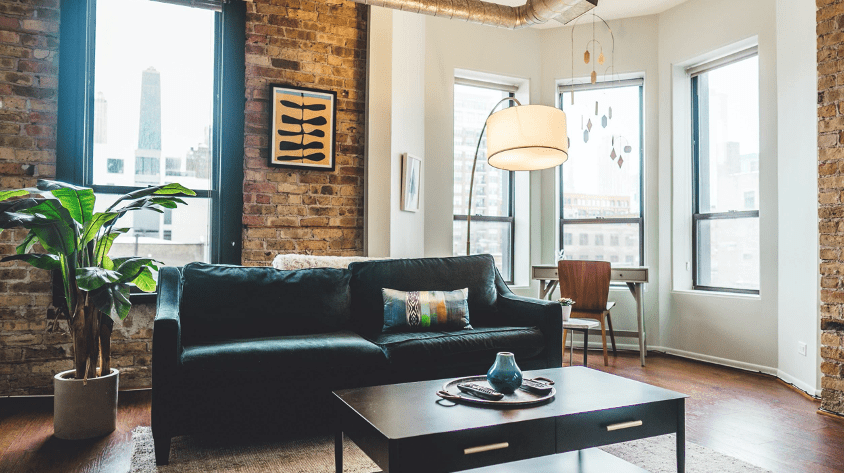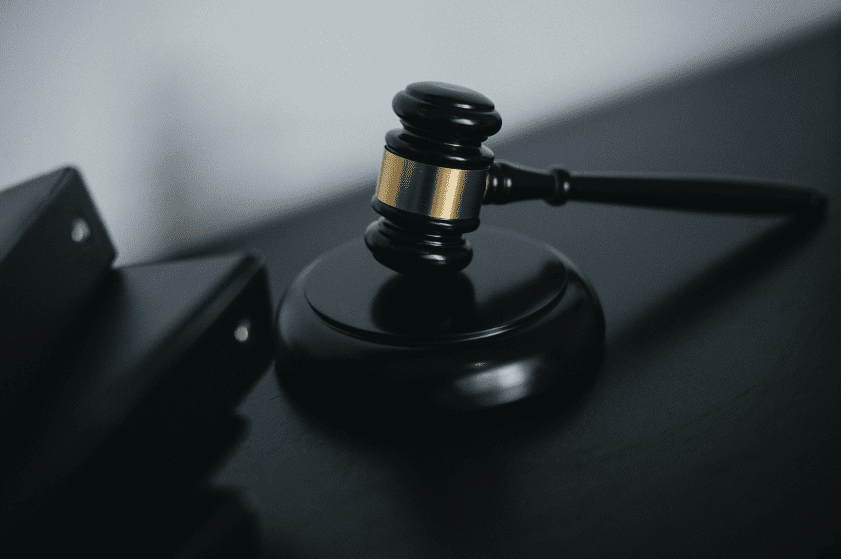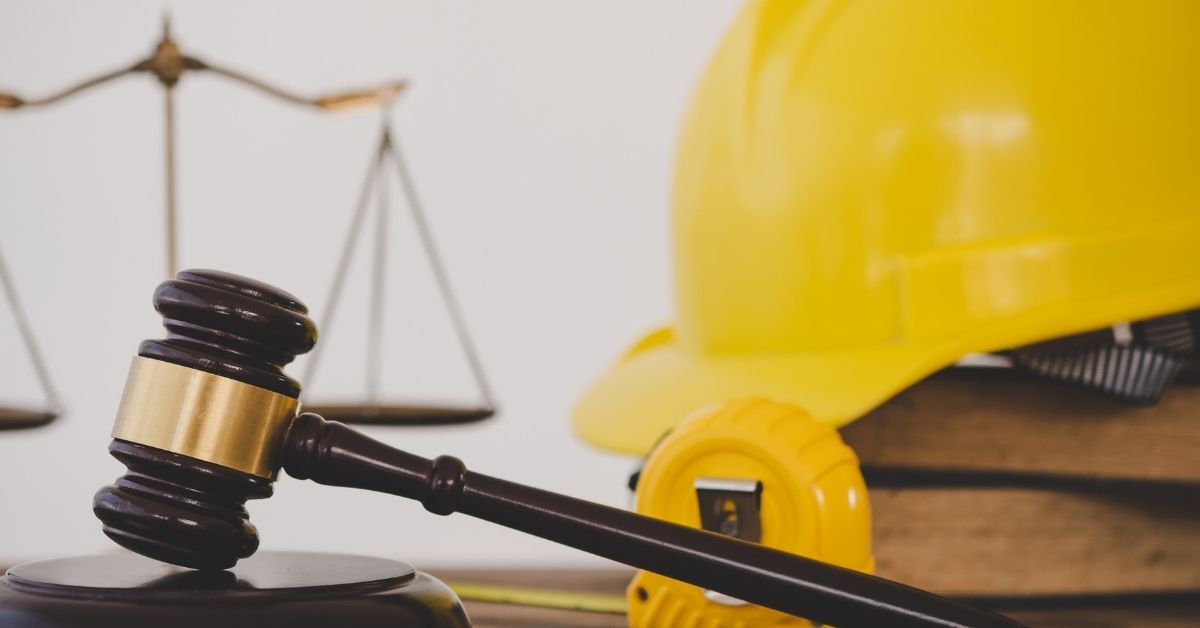7 Legal Rights You Have as a Renter or Tenant You May Not Know About

As a renter or tenant, you have a variety of rights designed to protect you and your family from health hazards, abuse, discrimination, and other factors that contribute to an unsafe or hostile living environment.
These rights provide tenants with options for legal recourse. Especially if your landlord lets your property become uninhabitable or an otherwise unsafe place to live. Unfortunately, tenants are often unaware of their rights and are taken advantage of by their landlords.
If you are living as a tenant on someone else’s property, here are seven rights you may not know that you have.
7 Tenant Rights You May Not Know About
To protect yourself and your family from being taken advantage of by your landlord, it’s important to know what your rights are.
If any of the following rights have been violated by your landlord you may want to consider consulting an experienced habitability lawyer.
1. Security Deposits
Often, renters are required to put down a security deposit. This deposit is designed to protect your landlord against damage that you may cause to the property while living there. You should know that landlords are not allowed to impose higher security deposits on different renters without reason.
Moreover, after moving out, you are entitled to a returned security deposit provided you did not cause any damage to your unit. In California, landlords are required to return security deposits within 21 days of your moving out.
2. Fair Housing Rights
Per the Fair Housing Act, landlords cannot reject applicants based on race, color, religion, age, sex, national origin, family status, or disability. If you face this type of discrimination when applying to rent property, you should consult an attorney for recourse.
Sometimes an applicant is rejected due to their credit check. If so, you can make a written request to the landlord to find out what information from your credit check caused your application to be denied.
3. Right to a Habitable Home
All renters have the right to a safe and habitable home. Specifically meaning it is your landlord’s responsibility to ensure your unit is free from dangerous living conditions. Your unit should have working heat, water, and utilities, and should be free from mold contamination and water damage.
Other common habitability infractions include:
- Rodent or insect infestation due to a lack of pest control
- Lead-based paint
- Personal injuries due to landlord negligence
- Asbestos contamination due to poor maintenance
4. Safety Guidelines
Beyond maintaining a habitable property, landlords are typically required to meet certain safety guidelines by providing certain unit features and equipment.
Firstly smoke detectors, functioning door locks, carbon monoxide detectors. Next, windows that can serve as a means of escape from disasters like fires. For example, if your smoke detector breaks, you should notify your landlord. They are required to fix the issue in a timely manner.
5. Eviction Rights
Tenants have several rights regarding eviction. First and foremost, landlords are required to provide notice in advance. If you move out after receiving the notice but before being officially evicted, you will not have an eviction on your record.
Tenants can also choose to remain in the unit and fight the eviction by appearing in court for a scheduled hearing. An experienced tenant rights lawyer can advise you on how to handle your eviction case.
6. Notice of Entry
Landlords may have many legitimate reasons for entering your unit. Specially including letting a repairman in, performing an inspection, giving a tour, or other reasons. However, as renters have a right to reasonable freedom without intrusion, your landlord must provide notice of entry prior to entering your unit.
7. The Law Supersedes Your Lease
Landlords are not always well-versed in tenant rights. Additionally they may ask you to sign a lease that includes rules that violate your rights as a renter. For example, some landlords may attempt to skirt their responsibility to provide a habitable home by requiring tenants to handle major repairs. However, your lease does not supersede the law, and any illegal provisions found in it cannot be enforced.

Hire an Experienced Tenant Rights Lawyer
If you are a tenant in California you have the right to live in a safe environment that doesn’t compromise your health and safety. Disputes between landlords and tenants can be complicated. It’s important to consult with an experienced tenant rights attorney to ensure you are protected.
Contact B|B Law Group today for a free consultation with a tenant rights attorney.


